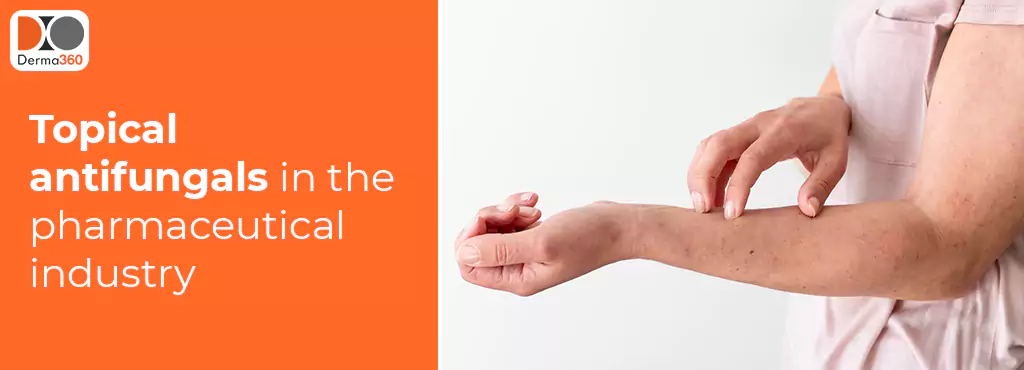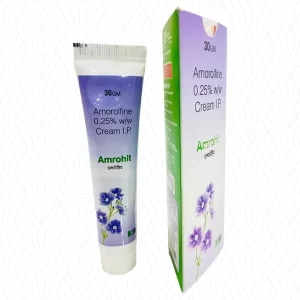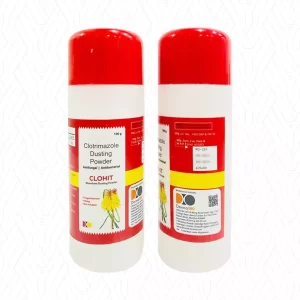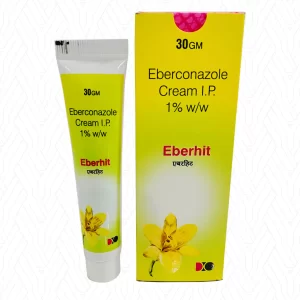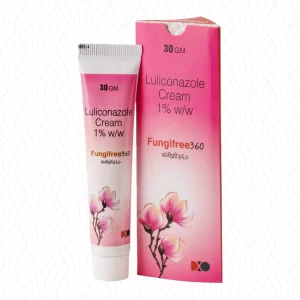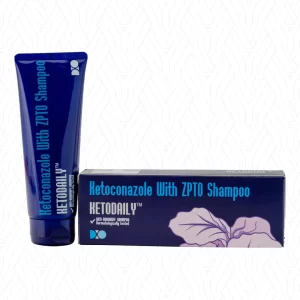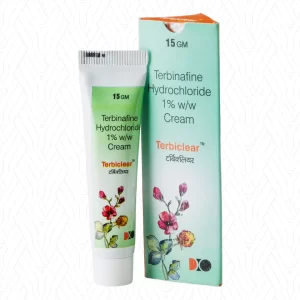Fungal infections pose a significant healthcare challenge, affecting millions of people worldwide. In India, the prevalence of fungal infections has witnessed a noticeable surge in recent years. Consequently, the Indian pharmaceutical industry has observed a parallel increase in the production and demand for topical antifungal medications.
Climatic Factors and Fungal Infections
India’s diverse climate, with its high humidity and varying temperatures, provides an ideal environment for the growth and proliferation of fungi. This climate contributes to the prevalence of fungal infections, including common conditions like ringworm, athlete’s foot, and fungal nail infections. The warm and moist conditions, particularly in tropical regions, create an increased risk of fungal overgrowth on the skin and nails. Consequently, there is a growing need for effective topical antifungal medications to treat these infections and provide relief to affected individuals.
High Population Density and Hygiene Practices
India’s population density, coupled with suboptimal hygiene practices in certain areas, contributes to the spread of fungal infections. Overcrowding, limited access to clean water, inadequate sanitation facilities, and poor personal hygiene can create an environment conducive to fungal growth and transmission. The increased population density in urban areas and the challenges of maintaining personal hygiene in certain socioeconomic conditions contribute to the rise in fungal infections. Topical antifungal medications serve as an essential tool in managing and preventing the spread of these infections.
Antifungal Resistance
The emergence of antifungal resistance has become a global concern, including in India. Overuse or improper use of systemic antifungal drugs can lead to the development of drug-resistant fungal strains. To address this challenge, healthcare professionals and patients are increasingly turning to topical antifungal medications. Topical formulations directly target the affected area, minimizing the systemic exposure and reducing the risk of resistance development. By using topical antifungals as a first-line treatment option, healthcare providers can better manage fungal infections while preserving the effectiveness of systemic antifungal agents for more severe cases.
Convenience and Accessibility
Topical antifungal medications offer convenience and ease of use, making them a popular choice among patients. These formulations are typically available in various forms, such as creams, ointments, powders, and sprays, allowing individuals to select the most suitable option for their specific needs. Topical treatments are generally applied directly to the affected area, providing localized relief and faster resolution of symptoms. Additionally, the accessibility and affordability of topical antifungals make them more widely available to patients, allowing for early intervention and timely treatment.
Increasing Awareness and Treatment-seeking Behavior
As awareness about fungal infections and their impact on health and quality of life grows, more individuals are seeking medical assistance for their symptoms. Patients are becoming proactive in identifying and treating fungal infections promptly. The availability of information through various sources, including healthcare professionals, online platforms, and educational campaigns, has contributed to this increased awareness. Topical antifungals, recommended by healthcare providers, are an integral part of the treatment approach for fungal infections, driving the demand for these medications in the Indian pharmaceutical market.
Some of The Most Effective Anti-Fungal Medications Are-
AMROHIT
Composition: Amrolifine HCL 0.25%w/w 20 Gm
CLOHIT DUSTING POWDER
Composition: Clotrimazole 1% w/w
EBERHIT
Composition: Eberconazole 1 %w/w 50 Gm
FUNGIFREE 360
Composition: Luliconazole 1% w/w
KETODAILY SHAMPOO
Composition: Ketoconazole 2% w/v, Zinc pyrithone 1% w/v
TERBICLEAR
Composition: Terbinafine Hydrochloride 1.00% w/w
Conclusion
The surge in topical antifungals in the Indian pharmaceutical industry can be attributed to various factors, including the climatic conditions, population density, antifungal resistance concerns, convenience, and increasing awareness among patients. As the prevalence of fungal infections continues to rise, the availability and effectiveness of topical antifungal medications play a crucial role in combating these infections and improving the quality of life for affected individuals.
Here are some other blogs you might be interested in reading:
Best Multivitamins and Multiminerals In India
How To Choose The Right PCD Pharma Company In India
Wholesale Drug License Requirement Documents for the Pharmaceutical Industry in India

